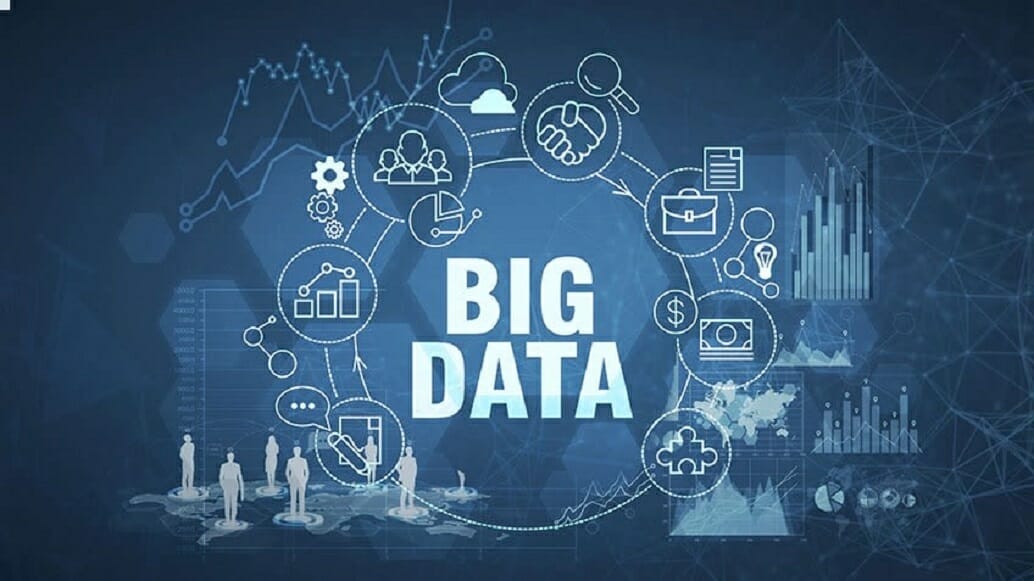Everyone is aware of the importance of data. Data has always played an essential role in any decision-making. Comparing what it was in the 20th century, we can say that the 21st century has run, is running, and will run only on data.
You won’t find a single organization that does not have a data-driven approach. Everyone survives with the decisions taken after analyzing the previously existing data.
You will find several roles in the industry that have data involved in job responsibility. It happens because Data is invaluable for the insights it develops. We will discuss the difference between a couple of such roles that involve data in their operation.
Yes, we are talking about data engineering and data analysts. You all have heard about these two roles. Both roles have almost similar but a bit different responsibilities. Both functions relate to Data but need a different skill set to reach the final goals of the job responsibility. Let us now deep dive into the differences between the two. It will help you to understand which role suits you for a better career opportunity.
First of all, let us differentiate both the roles with some primary understandings of the positions.
Who is a Data Analyst?
Data analyst is a person who analyzes data gathered from various sources like mobile applications, web applications, or digital media like social media channels. This analysis helps companies to make data-driven decisions.
Who is Data Engineer?
A Data Engineer is involved in preparing data. We meant they are engaged in developing, constructing, testing, and maintaining the complete data architecture. From the point it is derived to the end, in the present situation, the whole architecture is with the Data Engineer.
Knowing who is Data Analyst and Data Engineer are, we can now understand who can be a Data Analyst and Data Engineer.
Who can be a Data Analyst?
Entry-level professionals interested in analytical roles can select Data Analysts as their career. You know what? You don’t need additional qualifications to qualify for the data analyst position. You must have a bachelor’s degree and some understanding of data modeling, data handling, and the business mindset.
Strong technical skills are an added advantage. You will be preferred over other candidates if you demonstrate some technical skills.
Who can be a Data Engineer?
It is not an entry-level job role. It will help if you acquire a Master’s degree in Data related studies to become a Data Engineer. If you do not have a master’s degree, you must have considerable experience working as a data analyst.
A data engineer must have strong technical skills and a strong knowledge of creating and integrating APIs. Understanding Data pipelining and performance optimization is a must for the Data Engineer role.
Knowing who a Data Analyst or Data Engineer is and its prerequisites, we are now ready to understand the skill sets required in a Data Analyst and Data Engineer. Carefully check each skill set, as this is something you will have to develop if you are aiming to work in these job roles.

Skill sets of a Data Analyst
- You must gain knowledge about Data Warehousing.
- Knowledge of Adobe and Google Analytics is a must.
- You must love coding.
- You need to develop scripting and statistical skills by the time.
- As experience grows, you need to develop the skill of visualizing the data.
- You must have SQL/Database and Spreadsheet knowledge.
Skill sets of a Data Engineer
- Along with Data Warehousing experience, as a Data Engineer, you must also know ETL.
- Basic programming knowledge is not enough for this role. You need to develop advanced programming knowledge to be a Data Engineer.
- Usual analytics, coupled with Hadoop analytics, is required to become a Data Engineer.
- For the data engineer role, basic knowledge of SQL and databases is not enough. You need to develop in-depth knowledge.
- A data engineer must also learn machine learning languages and have data architecture, pipeline, scripting, and visualization expertise.
The role differentiation we mentioned above clearly helps you understand that a data analyst needs necessary skills like data modeling, visualization, and analysis. Whereas a data engineer requires an intermediate level of experience in coding and developing algorithms, along with some mastery in statistics and math.
Though both the roles run on a similar track, a significant difference comes when you have taken Data Engineer training and you have not! The training in Data Engineering courses can shape your skills so that you get ready for the real fight outside in the world. Thousands of data engineers are presently fighting for jobs, but training can earn you a good seat in a good company.
The average annual salary of a Data Analyst ranges between $50,000 and $60,000. The average annual wage of a Data Engineer is between $88,000 and $92,000.
We know the salary estimates are quite enticing for you to opt for the Data Engineer role. But, believe us, it is initially a bit tough. However, data engineering training will equip you with all the skills necessary to start working as a data engineer in any reputed organization, such as Google, Facebook, Amazon, or LinkedIn.
Though they seem to have similar roles, data analysts and data engineers differ significantly. The Data Engineers always have the upper hand over the Data Analysts. When it comes to programming and developing new algorithms, the Data Engineers’ preference is over the Data Analysts. Also, there is a difference in the salary scales of the roles.
You need to understand that to avoid struggling in the later stage of your career, it is better to gain some knowledge in the present and relax in the future. Safeguard your future with some experience in a Data Analyst role and Data Engineer training to get an added advantage of an odd $30,000 salary hike annually.


















